|
Yesterday I went with my daughter on the David Foster Wallace tour through Bloomington-Normal, Illinois. We stopped at his home, St. Matthew's Episcopalian Church, the Illinois State University campus where he taught, Babbit's books, and Monical's Pizza. Thank you to my daughter Hayley for indulging your old man's fan-worship, and thank you to the kind folks in the departments of English and Philosophy at Illinois State University, for their generosity and hospitality!
300 Comments
"So decide now that you are worthy of living as a full-grown man who is making progress, and make everything that seems best be a law that you cannot go against. And if you meet with any hardship or anything pleasant or reputable or disreputable, then remember that the contest is now and the Olympic games are now and you cannot put things off any more and that your progress is made or destroyed by a single day or a single action." --Epictetus, 1st - 2nd Century CE Stoic Philosopher, from the Encheiridion
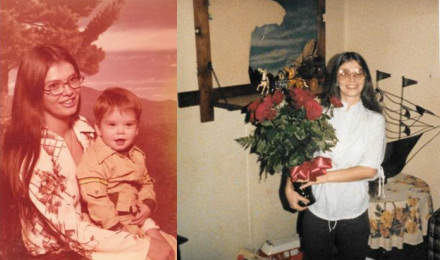 Today marks the one-year anniversary of my mother’s death, and this day more saliently and painfully echoes many others before it. I could not enumerate the times that I have felt intensely her absence since she passed – awakening from a dream of her, wanting to share a humorous story about my children, wishing to hear her laugh. I emerge from an oneiric conversation, or make a mental note to tell her something the next time she calls, and suddenly, I am once more brought face to face with the reality of her absence. Her death once again washes over me. Death, particularly of someone as fundamental to one’s identity as a mother, constitutes a tremendous paradox, and plays a continually paradoxical role in our lives. On the one hand, death is an absence – negation, privation, lack, a nothing. As the ancient Greek philosopher Epicurus said, ‘Death… the most awful of evils, is nothing to us, seeing that, when we are, death is not come, and when death is come, we are not. It is nothing then, either to the living or the dead…’ For Epicurus, since ‘bad’ and ‘good’ are decided according to our experiential frame of reference, and since ‘death’ entails the dissolution of our frame of reference, it can be neither good or bad; it is, in the truest sense, a nothing. Strictly speaking, Epicurus might very well be right. But the tricky part lies in the on the other hand part. Death may be an absence, but it is experienced as the absence of a presence, an absence with a face – spectrally manifesting in our dreams, memories, and expectations. While it might be nothing to the dead, it is a nothing that is felt, experienced, endured, by the living. The living forever abide in the experience of that nothing, in the presence of that absence. We cohabitate with that solitude. In Augustine’s reflections on the loss of his mother in Confessions, he describes ‘a fresh wound wrought through the sudden wrench of that most sweet and dear custom of living together.’ Today, the wound is once more fresh. I miss you, Karen Sue. |
HOMEPAGEAuthorVernon W. Cisney is currently an associate professor of interdisciplinary studies and Jewish studies at Gettysburg College. Archives
January 2023
Categories |
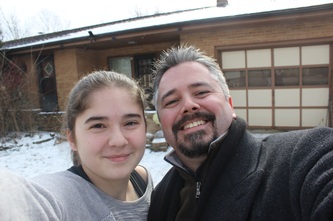
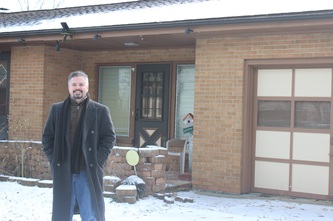
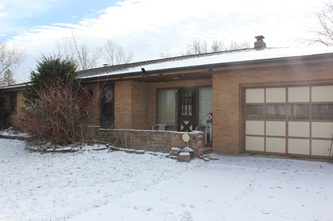
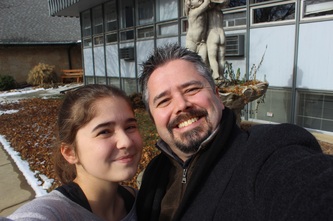
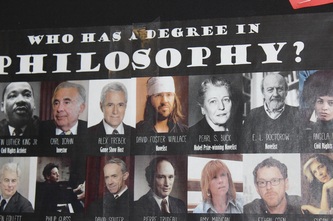
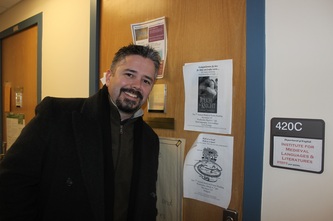
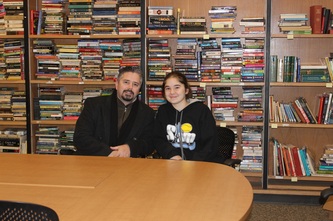

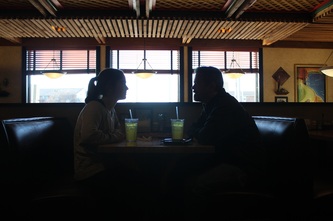
 RSS Feed
RSS Feed